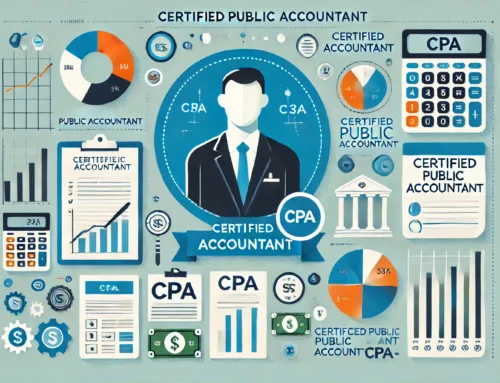5 Simple Accounting Tips for the Busy Small Business Owner: As a busy small business owner, managing your finances and accounting can be challenging. Here are five accounting tips to help you stay organized and make informed financial decisions:
1. Separate Personal and Business Finances: It’s crucial to maintain separate bank accounts and credit cards for your personal and business expenses. This separation not only simplifies bookkeeping but also provides clarity for tax purposes and legal liability protection.
2. Track Income and Expenses Regularly: Keep a close eye on your cash flow by recording income and expenses on a consistent basis. This practice helps you understand your business’s financial health, identify potential issues, and make necessary adjustments. Consider using accounting software or cloud-based tools to streamline the process and automate data entry.
3. Maintain Accurate Records: Good record-keeping is essential for accounting and tax purposes. Keep all relevant documents, such as receipts, invoices, and financial statements, organized and easily accessible. If you’re unsure about the specific requirements, consult an accountant or tax professional to ensure compliance with applicable regulations.
Remember, while these tips provide a solid foundation for managing your small business’s accounting, it’s always a good idea to consult with a financial professional who can tailor advice to your specific circumstances and industry.

4. Plan and Budget: Create a budget for your business based on realistic revenue projections and anticipated expenses. Regularly review your budget to track your progress and make adjustments as necessary. Budgeting helps you allocate resources effectively, control costs, and identify areas where you can optimize your financial performance.
5. Seek Professional Advice: Consider consulting an accountant or bookkeeper to ensure your accounting practices are accurate and in line with legal and regulatory requirements. They can help you with complex financial matters, tax planning, and provide valuable insights into your business’s financial performance. It’s a wise investment that can save you time and potential headaches in the long run.
In summary:







